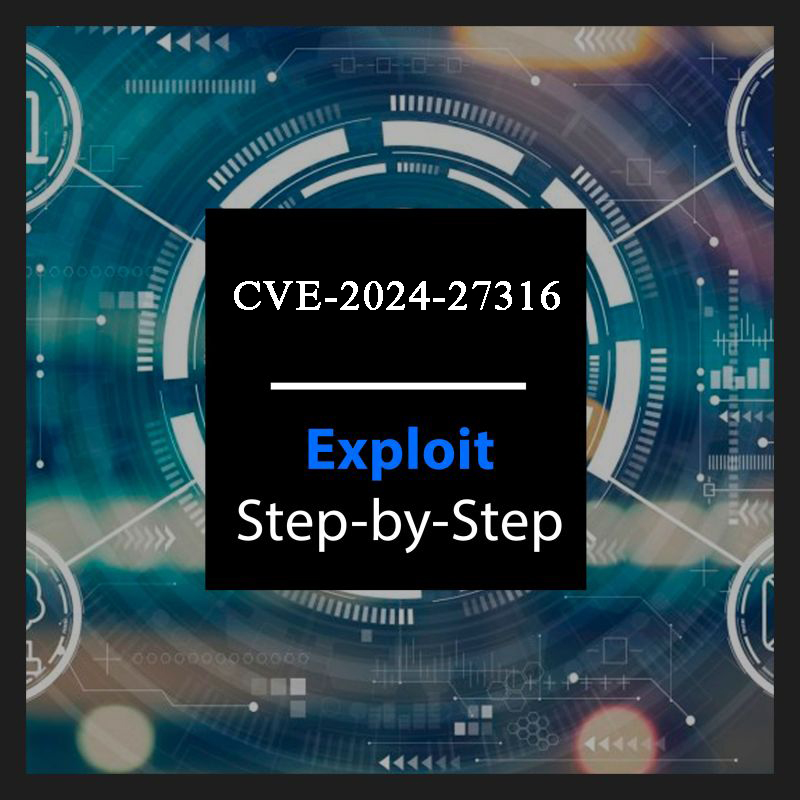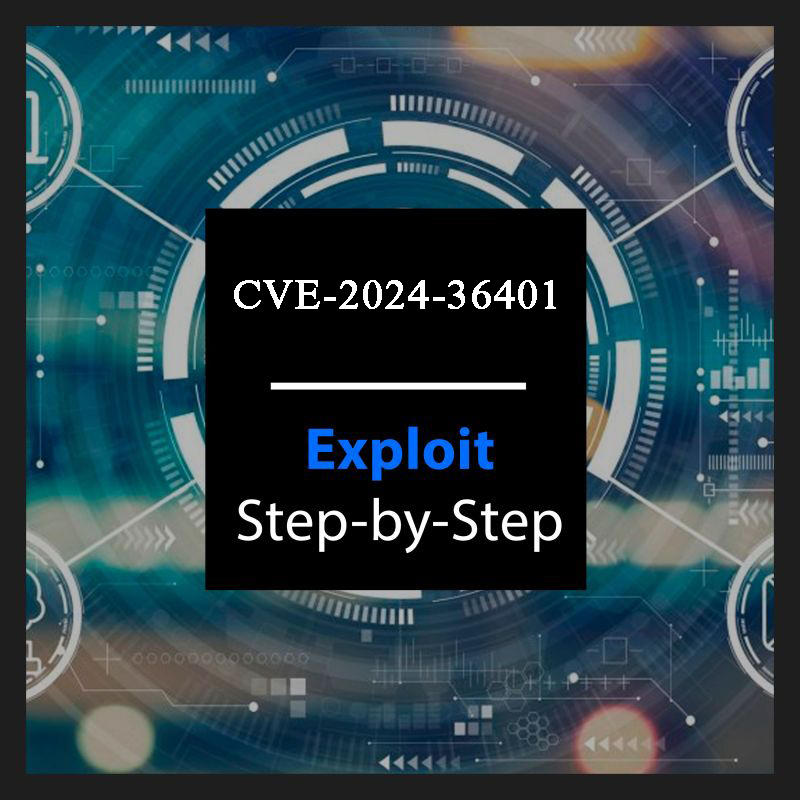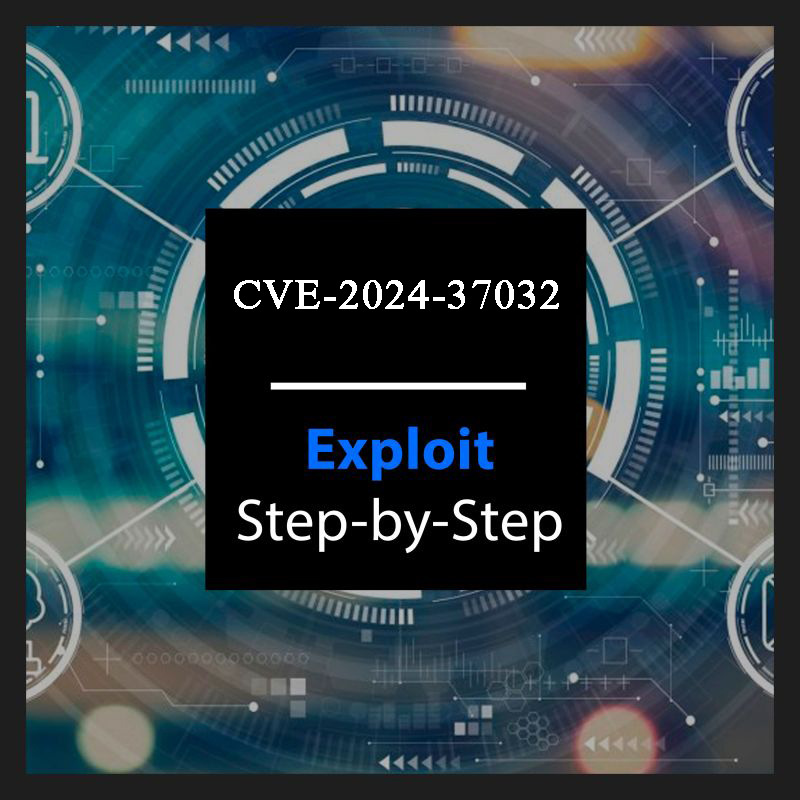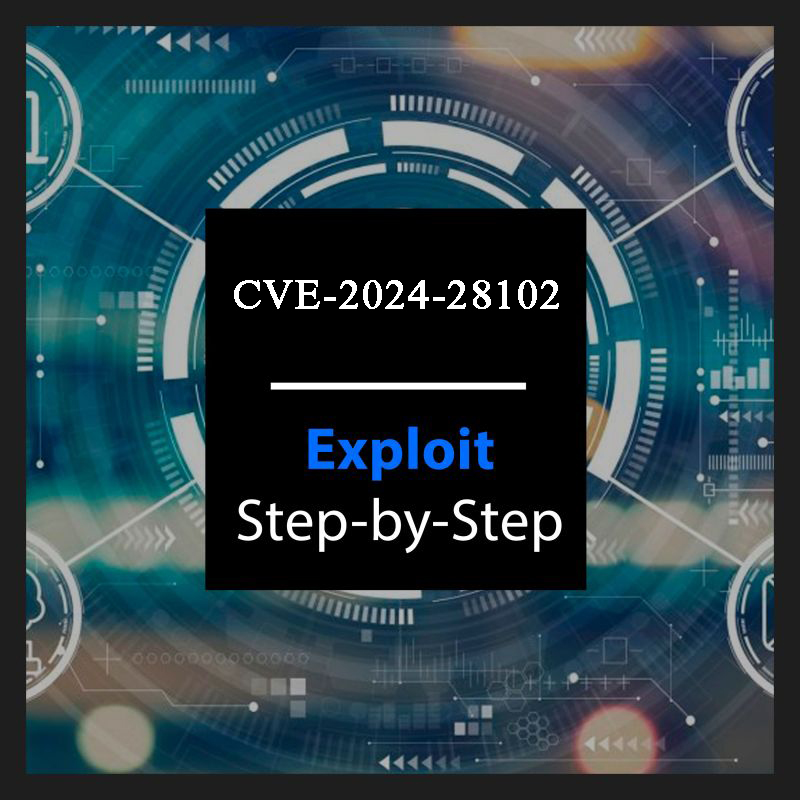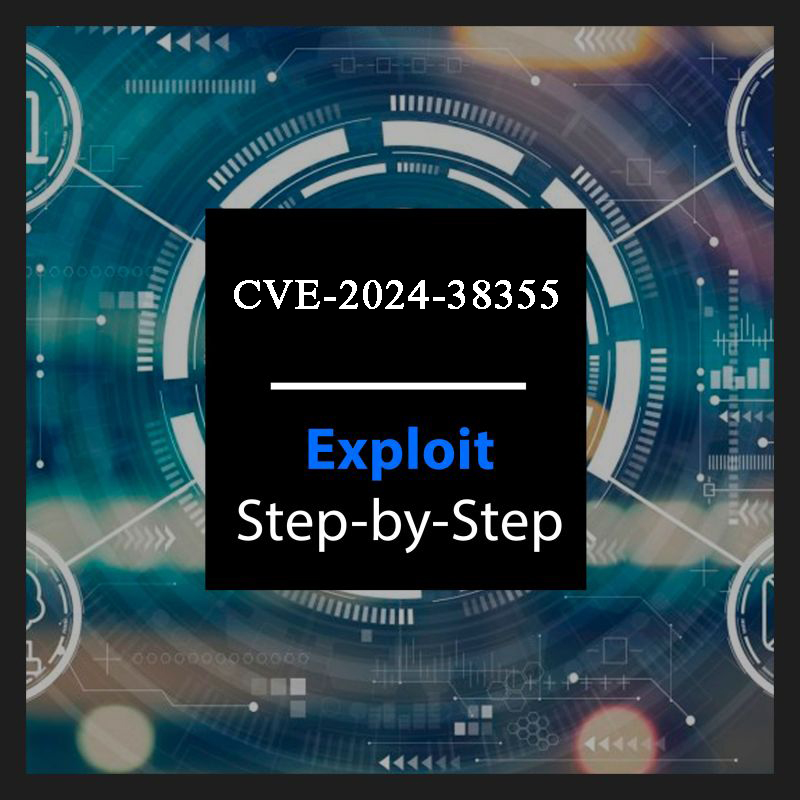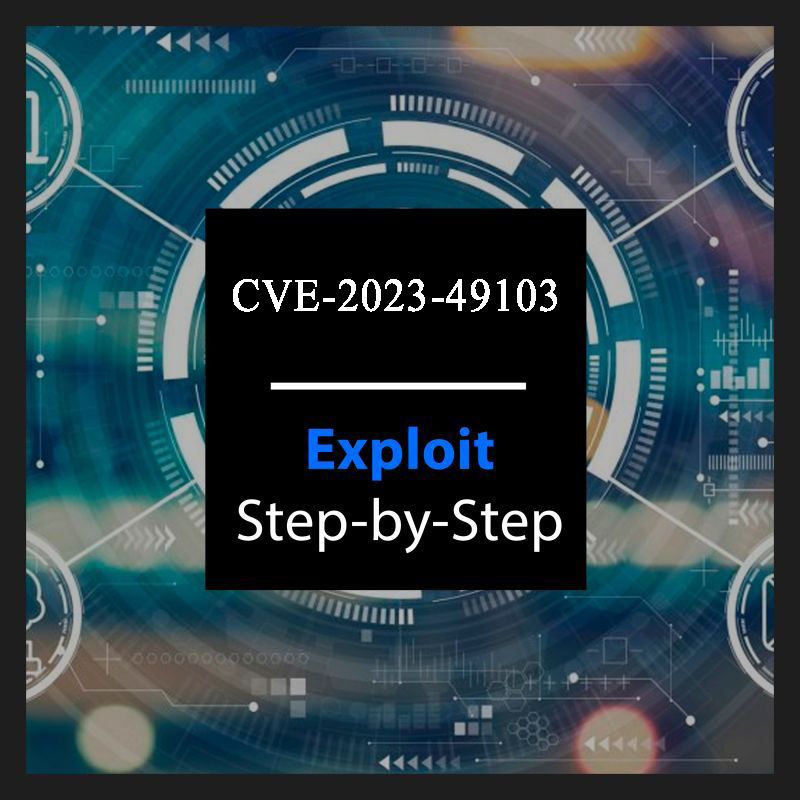
CVE-2023-49103: A Critical ownCloud Flaw Under Attack
Introduction
In November 2023, researchers discovered a critical vulnerability (CVE-2023-49103) in the ownCloud "graphapi" app, a popular plugin for integrating ownCloud with various services. This flaw quickly gained notoriety as attackers actively exploited it to gain access to sensitive user data, including admin passwords, mail server credentials, and license keys.
What is the Vulnerability?
CVE-2023-49103 resides in the graphapi app's reliance on a third-party library called "GetPhpInfo." This library retrieves and displays PHP configuration information, including environment variables. In containerized deployments of ownCloud, these environment variables can hold sensitive data like the admin password, database credentials, and even the license key.
The vulnerability arises from insufficient input validation within graphapi. An attacker can craft a malicious URL that, when accessed through the app, triggers GetPhpInfo and exposes the sensitive environment variables. This information grants attackers complete control over the ownCloud instance, allowing them to steal data, modify files, and even impersonate users.
Vulnerability Mechanics:
The exploit leverages the graphapi app's integration with the "GetPhpInfo" library. This library allows users to retrieve and display PHP configuration information through a simple URL parameter. Unfortunately, the graphapi app fails to properly validate user input before passing it to GetPhpInfo.
Here's the technical breakdown:
Attacker crafts a malicious URL: The attacker constructs a URL containing a specially crafted parameter like:
"/apps/graphapi/vendor/microsoft/microsoft-graph/tests/GetPhpInfo.php"
This function reveals environment variables, which might contain sensitive data like usernames and passwords used in ownCloud. Notably, this vulnerability is particularly concerning for ownCloud deployments using Docker, as passing secrets via environment variables is a common practice.
URL triggers GetPhpInfo: When the vulnerable ownCloud instance processes this URL through the graphapi app, it blindly passes the entire parameter string to GetPhpInfo without any sanitization.
Environment variables exposed: GetPhpInfo, unaware of the malicious intent, retrieves and displays the requested information, including sensitive environment variables embedded in the URL parameter.
Attacker gains access: The exposed environment variables can contain critical data like admin passwords, database credentials, and even the ownCloud license key. This grants the attacker complete control over the server, allowing them to:
Steal user data: Access and download sensitive files stored on the ownCloud instance.
Modify files: Corrupt data, inject malicious content, or disrupt system operations.
Impersonate users: Gain unauthorized access to user accounts and perform actions as those users.
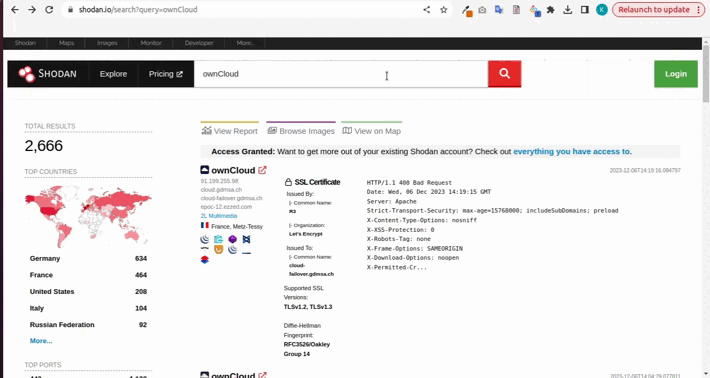
Technical Indicators of Compromise (IOCs):
Exploit URLs: Look for suspicious URLs accessing the graph API with unusual parameters, especially those mentioning sensitive environment variables.
GetPhpInfo output: Monitor logs or network traffic for signs of GetPhpInfo being invoked with malicious parameters.
Unauthorized access attempts: Be wary of sudden spikes in login attempts or unusual user activity, especially from unknown locations.
Additional Technical Considerations:
Container environments: The vulnerability is particularly severe in containerized deployments of ownCloud, where environment variables often hold sensitive data due to shared configuration files.
Third-party libraries: This incident highlights the importance of carefully reviewing third-party libraries and their potential security risks, especially when dealing with sensitive information.
Mitigations and Solutions:
Update graphapi: Patching the graphapi app to versions 0.2.1 or 0.3.1 immediately eliminates the vulnerability by addressing the input validation issue.
Disable graphapi: If not critical, consider disabling the app altogether to minimize the attack surface.
Environment variable hardening: In containerized deployments, restrict and filter environment variables within the container image. Remove any sensitive information unnecessary for ownCloud operation.
Web application firewall (WAF): Implement a WAF to detect and block malicious URLs containing suspicious parameters targeting the graphapi app.
Intrusion detection and prevention (IDS/IPS): Deploy IDS/IPS systems to monitor network traffic for signs of exploit attempts and potential breaches.
Regular security audits: Conduct periodic security audits to identify and address any vulnerabilities within the ownCloud environment, including third-party libraries and integrations.
Conduct penetration tests: Take performing penetration tests seriously before deploying a major third party integration. White Hack Labs use multiple customized, manual analysis techniques and the latest automation tools to create a security evaluation that offers current risks assessment analysis as well as form an actionable continuous security regiment.
Impact
The ease of exploitation and the severity of its impact make CVE-2023-49103 particularly dangerous. Attackers can launch automated scans to identify vulnerable ownCloud installations and exploit them with simple crafted URLs. Once successful, they gain complete control over the server, compromising sensitive user data and potentially disrupting critical operations.
News reports confirmed active exploitation of this vulnerability in the wild, highlighting its urgency. Several organizations, including universities and government agencies, fell victim to attacks, experiencing data breaches and system disruptions.
Conclusion
CVE-2023-49103 serves as a stark reminder of the importance of timely patching and robust security practices. While ownCloud responded promptly with fixes, the incident emphasizes the need for greater vigilance, especially when dealing with third-party libraries and sensitive data within containerized environments. By applying the available solutions and implementing proactive security measures, ownCloud users can significantly reduce the risk of falling victim to similar vulnerabilities in the future.
Remember
Update your graphapi app to the latest version (0.2.1 or 0.3.1).
Review and filter environment variables.
Monitor your system for suspicious activity.
Disclaimer
The information presented in this blog post is for educational purposes only. It is intended to raise awareness about the CVE-2023-49103 vulnerability and help ownCloud users mitigate the risks. It is not intended to be used for malicious purposes.
Exploiting vulnerabilities in live systems without proper authorization is illegal and harmful. This blog post does not advocate or encourage such activities.
